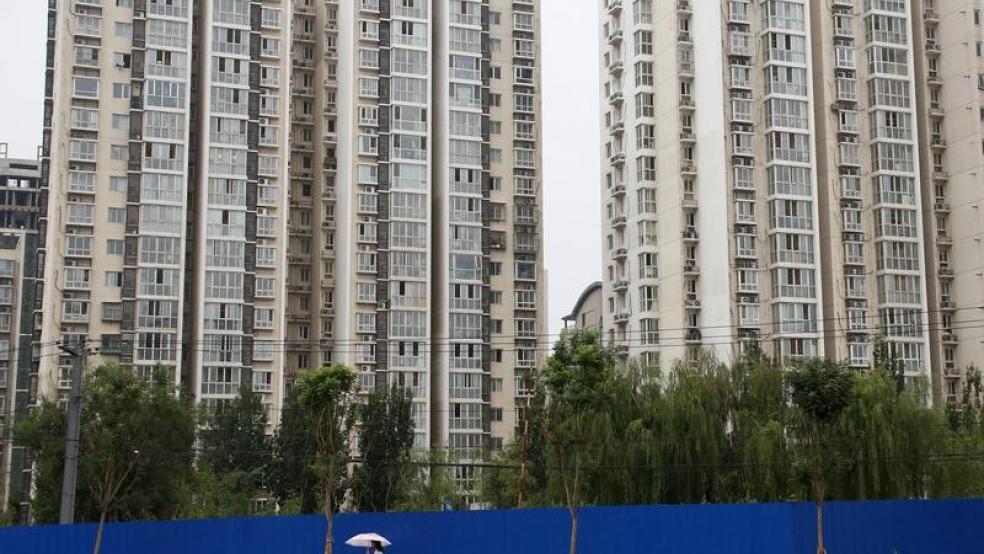HONG KONG (Reuters) - Alarm that parts of China's housing market are overheating, raised at the ongoing annual parliament meeting, highlights concern about unregulated, online-based financing that can fuel a property bubble.
Officials vowed to crack down on players in the property business illegally lending home-buyers the money to make downpayments.The Beijing meeting is taking place at a time of particular concern about frenzied purchases in Shanghai, where home-prices in January soared 17.5 percent from a year earlier. Those in the southern industrial city of Shenzhen rocketed 51.9 percent.Pan Gongsheng, vice-governor of the People's Bank of China (PBOC), told reporters on Saturday regulators will act against the financial business of property agencies and developers as well as their business with peer-to-peer (P2P) companies.A crackdown on illegal financing of downpayments is needed as the activity not only raises households' leverage level and financial risks, it also "increases risks of the property market," Pan said.Another factor heating up some property markets has been growth in individuals steering away from banks and instead buying homes with what's called "external financing", a part of China's shadow banking. There's no data on how much property lending is not from banks, but analysts say it might be nearly 10 percent of the total, as avenues for such financing have proliferated.JUDGING FINANCIAL RISKSShanghai property lending by banks has surged. In January, bank mortgage lending was 34.63 billion yuan ($5.34 billion), 68 percent higher than in December and more than triple such loans in the first month of 2015, according to central bank data.The lending rise is rooted in Chinese moves to recover from a 2014 property market bust that's contributed to slowing economic growth. Beijing has cut interest rates, downpayment requirements and property transaction taxes.PBOC Governor Zhou Xiaochuan on the weekend said banks had to "make their judgment to review clients' ability to pay and their financial risks". The central bank may be more worried about the non-bank lending, especially when outfits, often online-funded, loan individuals the money they don't have to make the required 30 percent downpayment on a home in a first-tier city.These loans – ranging from tens to hundreds of thousands of yuan - are frequently advertised as "easy" for their quick approval. But repayment may not be, as the interest rate can top 2 percent per month.So far, defaults on loans seem to be rare in China, where household debt is low by Western standards. But if a property bubble bursts, many borrowers at high interest rates likely would be unable to repay loans.MOBILE-FUELED BOOMExternal financing "started to boom in 2014, helped by online and mobile technologies," said Clement Luk, chief executive officer for eastern China at realtor Centaline. Property loans account for around 15 percent of all online financing in China, estimates Xu Hongwei, chairman of a data provider on the business, Wangdaizhijia.That volume could be enough to inflate a bubble, Luk said, adding "If clients didn't have as many external financing channels to increase their level of leverage, the property market may not be this crazy," he said.Last month, Chinese media reported that a large Shanghai brokerage is under investigation on suspicion of extending downpayment loans for property purchases.While authorities pledge a crack down on such loans, there is some doubt this kind of shadow-banking activity can be completely stopped, given demand in some places."It'll be difficult to regulate these loans, because many of them are packaged into a name of anything but downpayment loan," said Midland Realty chief operating officer Samuel Wong. (Additional reporting by Kevin Dai; Editing by Richard Borsuk)China's 'easy' home financing could raise property bubble risk

STAFF



